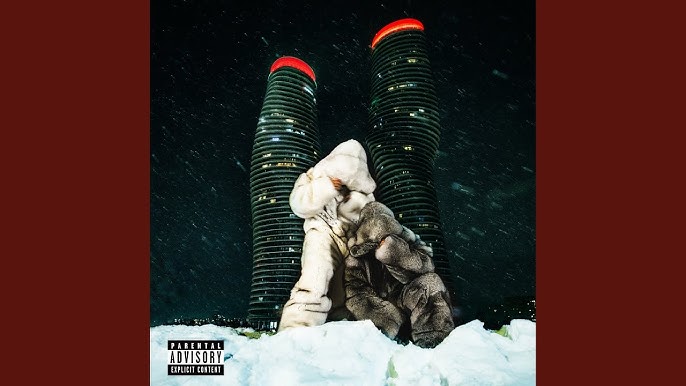“Crying in Chanel” is a standout track from Drake and PARTYNEXTDOOR’s collaborative album, “$ome $exy $ongs 4 U,” released on February 14, 2025.
en.wikipedia.org This song delves into the intricate dynamics of modern relationships, intertwining themes of luxury, vulnerability, and emotional complexity.
Exploring Themes of Love and Materialism
In “Crying in Chanel,” Drake reflects on the juxtaposition of opulence and emotional turmoil. The title itself suggests a scenario where outward luxury masks inner sadness, highlighting how material wealth doesn’t shield one from genuine human emotions. This duality is evident as Drake narrates experiences where extravagant gifts and high-end fashion coexist with personal insecurities and relational challenges.
Lyricism and Emotional Depth
The song’s lyrics offer a candid glimpse into Drake’s introspection about trust and vulnerability. He addresses the complexities of romantic involvement, especially when both partners grapple with fears and past wounds. Lines like “We both lie ’cause we’re scared” encapsulate the hesitation to fully open up, even amidst a backdrop of luxury.
Production and Musicality
Musically, “Crying in Chanel” features a moody ambiance, characterized by a distorted bassline and atmospheric instrumentals. Drake’s soft vocals seamlessly blend with the track’s haunting production, drawing listeners into a space where elegance meets melancholy. This sonic landscape complements the song’s thematic exploration of the superficiality of materialism against the backdrop of genuine emotional struggles.
Critical Reception
The track has garnered attention for its poignant storytelling and the fusion of luxury with heartfelt emotion. Listeners and critics alike have praised Drake’s ability to convey the emptiness that can accompany a life filled with material excess but lacking authentic connection. This narrative resonates with audiences navigating similar dichotomies in their personal lives.
Cultural Impact
Beyond its musical composition, “Crying in Chanel” has sparked discussions about the portrayal of wealth and emotion in contemporary music. The song challenges the notion that affluence equates to happiness, shedding light on the often-overlooked emotional battles faced by those in the public eye. This perspective encourages a broader conversation about mental health and authenticity in an age dominated by curated social media personas.


